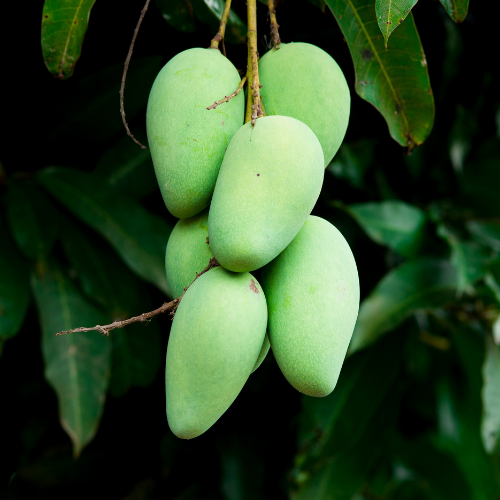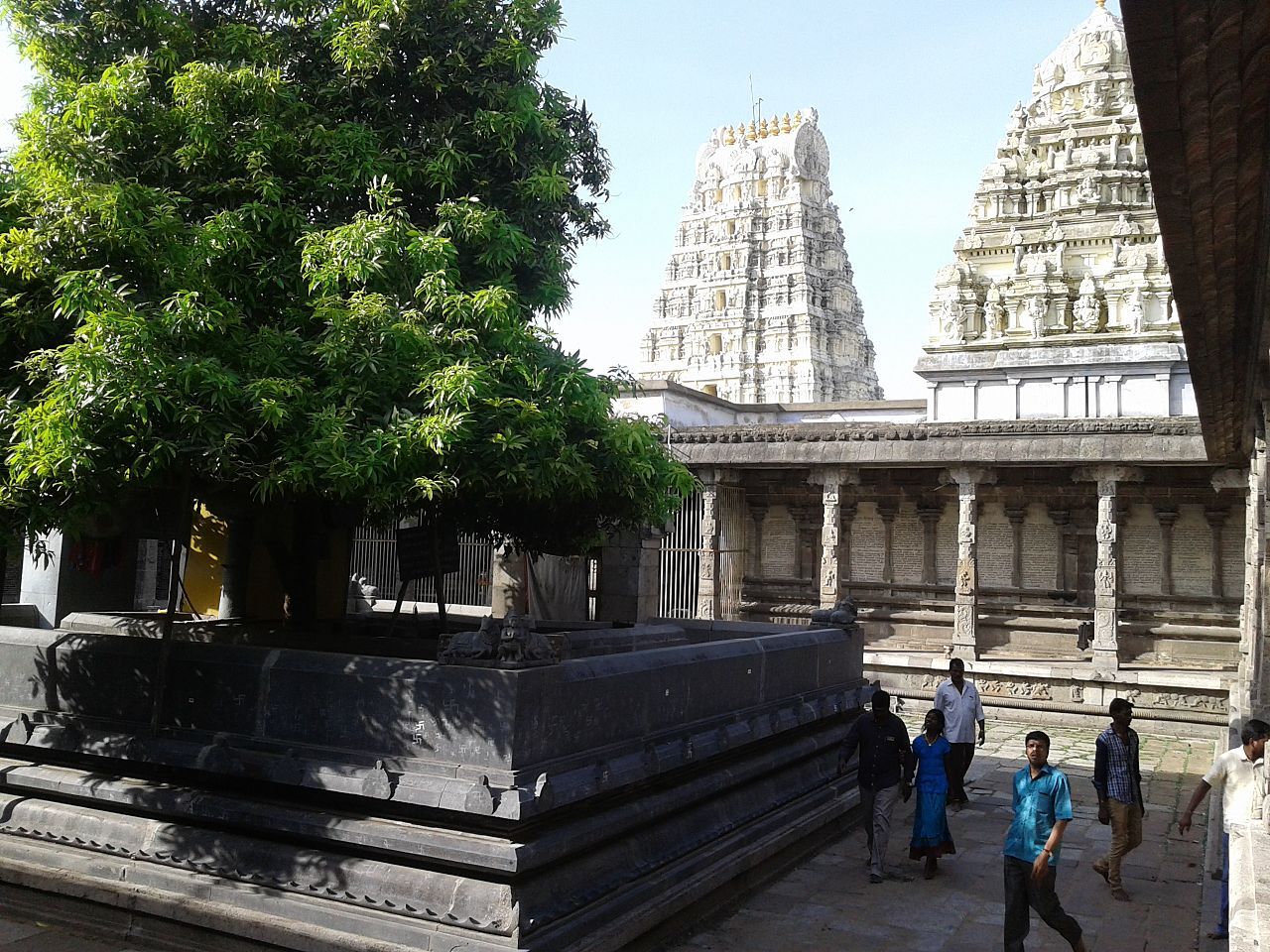Essay: All About Mangoes
Mangoes are native to India and they're an inseparable part of our history. Learn more in this article.

Mangoes are native to India and other parts of the Indian sub-continent. Today, they grow in many tropical regions around the world. There are all sorts of mangoes. India alone boasts of over 1,500 different varieties or cultivars. Each type is special for a different reason. Some raw mangoes make excellent pickles; others are made into a squash like aam panna. Some ripe mangoes are cut up and eaten, while others are prized for their sweet juice
Indians have been growing and eating mangoes for thousands of years now. It was described as the "heavenly fruit" in ancient Hindu texts. Many parts of the mango tree are valued for their medicinal properties. Ayurveda - a native Indian system of medicine - details the benefits of mangoes in all forms. That is why the tree, fruit and leaves hold a special place in most Hindu festivals and pujas. The mango tree was so prized that it was forbidden to cut one down.
Buddhists loved mangoes too. There are legends of The Buddha planting a mango tree. Buddhists also spread the Mango to South East Asia. Many Indian kings would plant mango trees along roads and highways in a tradition dating back to Mauryan times. Emperor Ashoka issued proclamations that he had planted many fruit-bearing trees for his people. Much later, Raghunath Peshwa of the Maratha Empire planted 10 million mango trees!
There are mango trees as old as 3,500 years in India, such as the tree in the Ekambreshwar Temple in Kanchipuram. This tree, like trees in many others in temples, is sacred to Hindus. Such a tree is called the sthala vriksha.

The Mughals built orchards for their favourite fruit, and their court poets described the mango in glowing terms. Portuguese explorers introduced mangoes to Brazil in the 16th century. Mangoes spread throughout the Americas from there. Today the mango is prized everywhere. It's truly the king of fruits.
Why don't you ask your grandparents or elderly neighbours about the mangoes of their childhood? You might be surprised by their answers!
